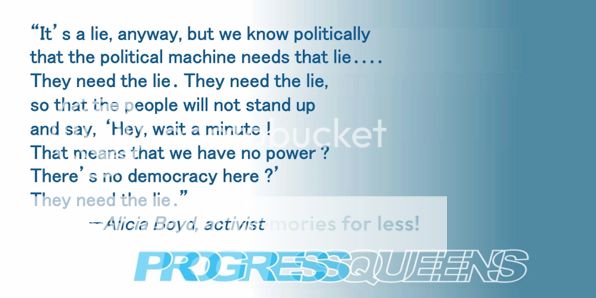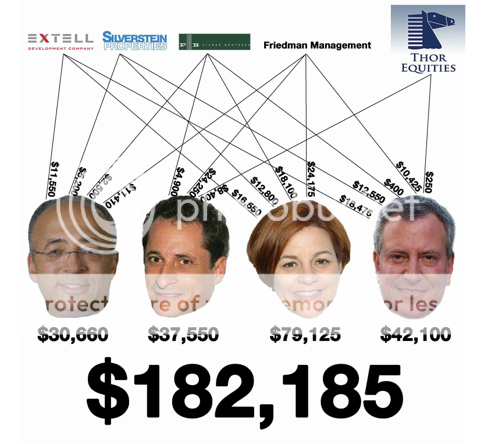A lack of democracy in New York City's land use process

|
"It's a lie anyway." To some progressive activists, seeing Mayor Bill de Blasio’s land-lease proposal to construct buildings on the property of the New York City Housing Authority following so closely on the sale of several NYCHA Section 8 buildings, with plans for further expansion of land-lease opportunities on NYCHA lands, amounts to a full-throttle assault to privatize large parts of NYCHA, essentially opening the floodgates for private real estate developers to stampede toward a land rush of city real property in exchange for the administration receiving credit for the construction a miniscule number of new affordable housing units. It seems like a huge price to pay for perhaps constructing an initial 500 new affordable housing units within a larger goal of creating 80,000 units over a ten-year span. These and other major city land use decisions are not being made with prior public input, much less without a specific mandate from voters. Although more and more tenants and activists are recognizing Mayor de Blasio’s pro-real estate agenda, what is missing is tenant and activist consensus about what to do about this. Some activists have been fighting the sale of public library branches to real estate developers, thinking that each sale is a singular transaction, independent onto itself, and not part of a larger, pro-real estate agenda by the de Blasio administration. Activists think that if they can just defeat the sale of one library, then the larger cause can be won. Efforts by developers and city planning officials to subject small fights to the arduous ULURP process, while sidestepping larger projects, has the impact of narrowing activists’ focus at the same time that they can be worn down.
As activists look to hold the administration accountable to activists’ expectations for a course for a post-Occupy Wall Street city that was not aligned with big business, there are many issues to consider. Firstly, how do activists plan to educate each other on a complete and accurate picture of how much of the political landscape in the de Blasio administration has been influenced by the real estate industry ? Secondly, will activists reject Mayor de Blasio’s incremental and inadequate remedy to the affordable housing crisis, and, if so, what can the community demand in its place ? And thirdly, what should be done about the veal pen nonprofit groups, which willingly deëscalate calls for political, social, and economic reform, based on the messaging emanating from City Hall ? Other issues undoubtedly also exist, but organizing cannot take shape about where we want to go as a city until everybody first agrees on what is actually happening now. |
RELATED A Special Investigation : A lack of democracy in New York City's land use process (Progress Queens) Michael Hayes, LMT, has practiced massage for more than 20 years as a licensed massage therapist in New York City. |



